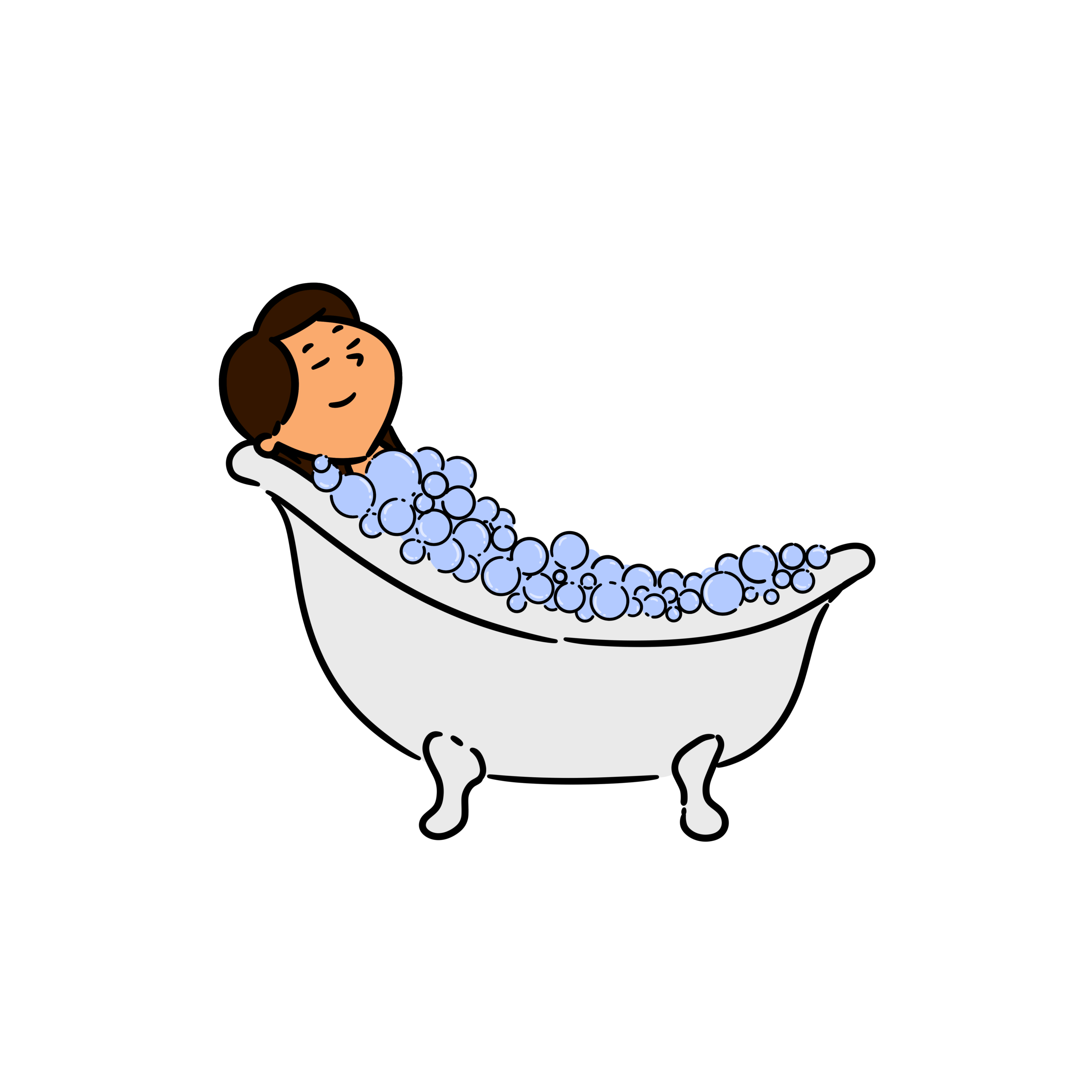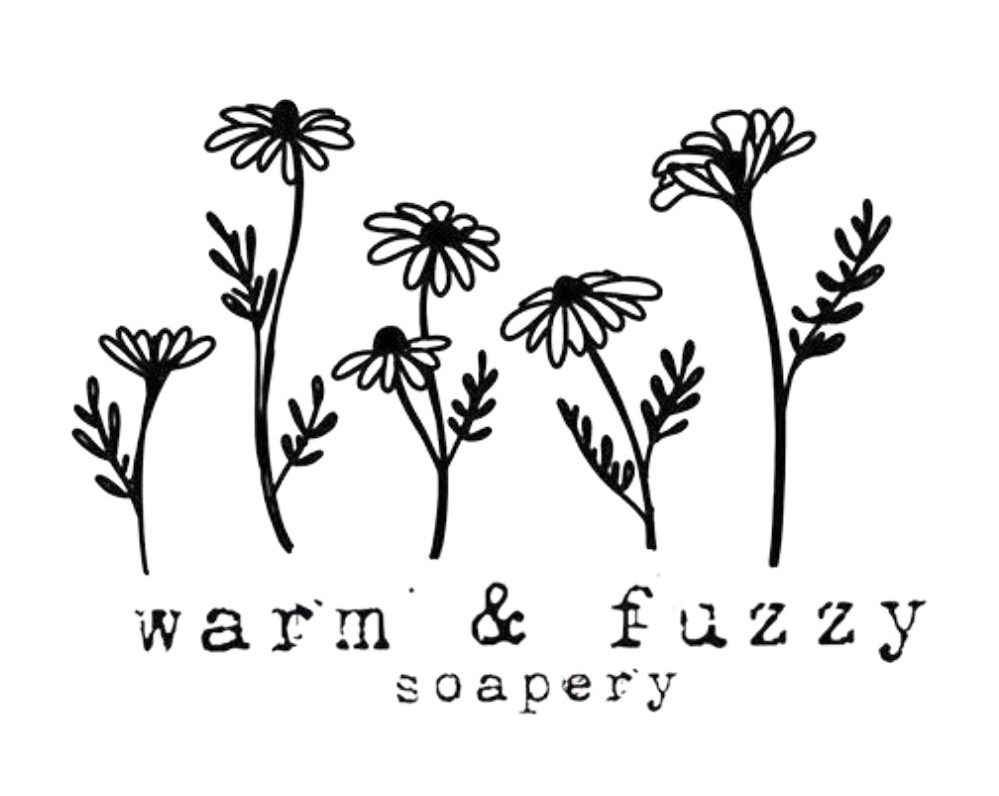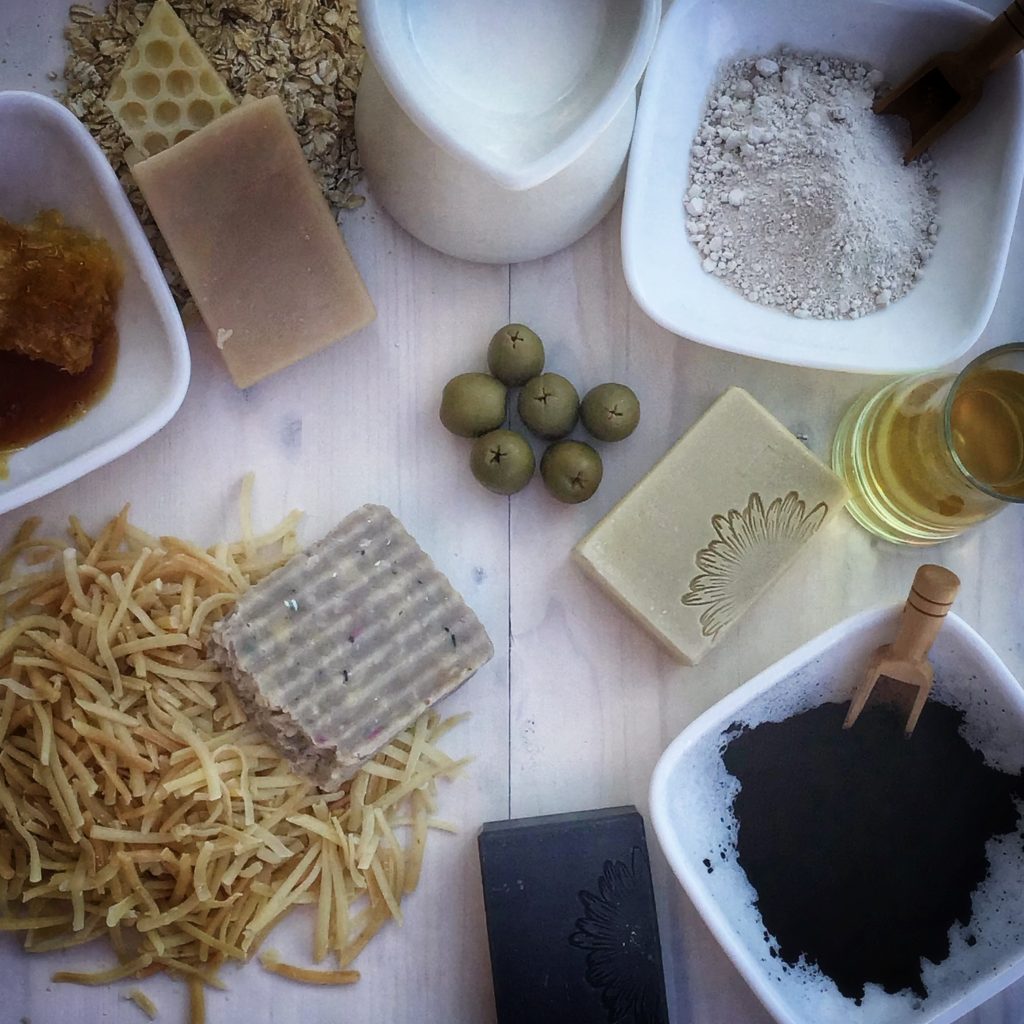Is Your Soap Irritating Your Eczema?
Discover the Soothing Benefits of Handmade Soaps from Warm and Fuzzy Soapery
Eczema is a challenging condition that affects millions of people, causing discomfort, itching, and redness. For those managing eczema, the right soap (in addition to things like watching your diet, taking note of allergies, stress, not smoking, and other personal triggers) can make a significant difference in maintaining skin health and comfort. If you’re struggling with eczema flare-ups, it might be time to switch to a more gentle, natural alternative. Here’s how the handmade soaps from Warm and Fuzzy Soapery could be the soothing solution you’ve been looking for.
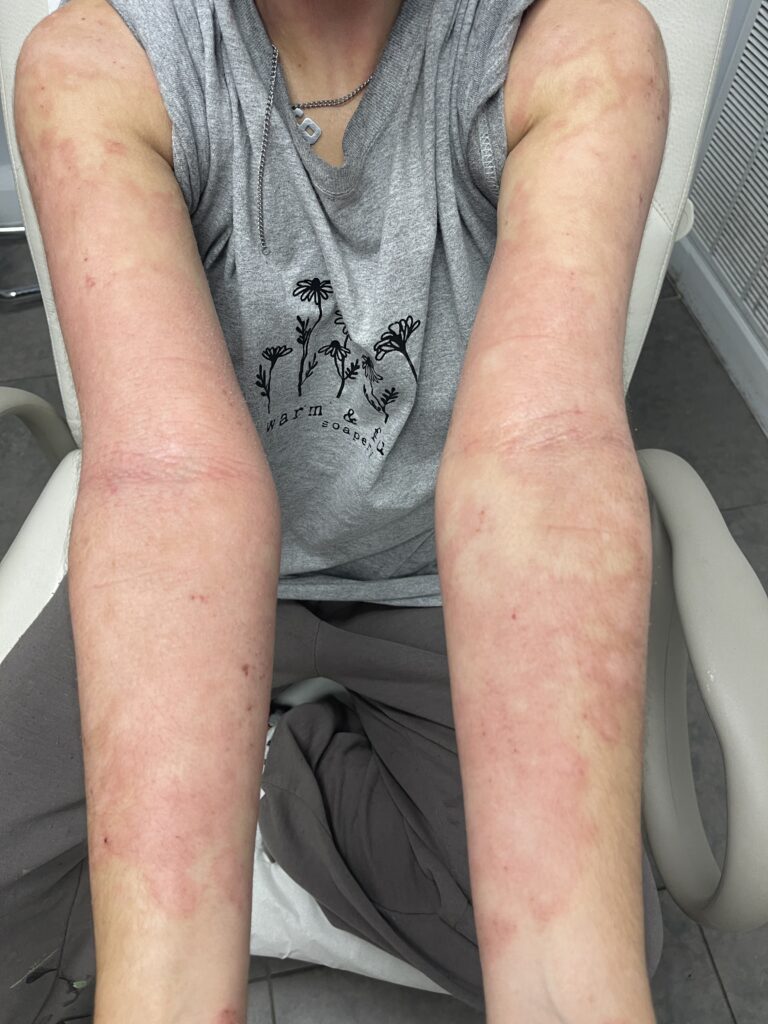
Understanding Eczema and Its Triggers
Eczema, or atopic dermatitis, is a chronic inflammatory skin condition characterized by dry, itchy, and inflamed skin. While triggers can vary from person to person, common irritants include harsh chemicals, artificial fragrances, and dyes found in many commercial soaps. These elements can strip the skin of its natural oils and exacerbate eczema symptoms.
How Soap Can Affect Eczema
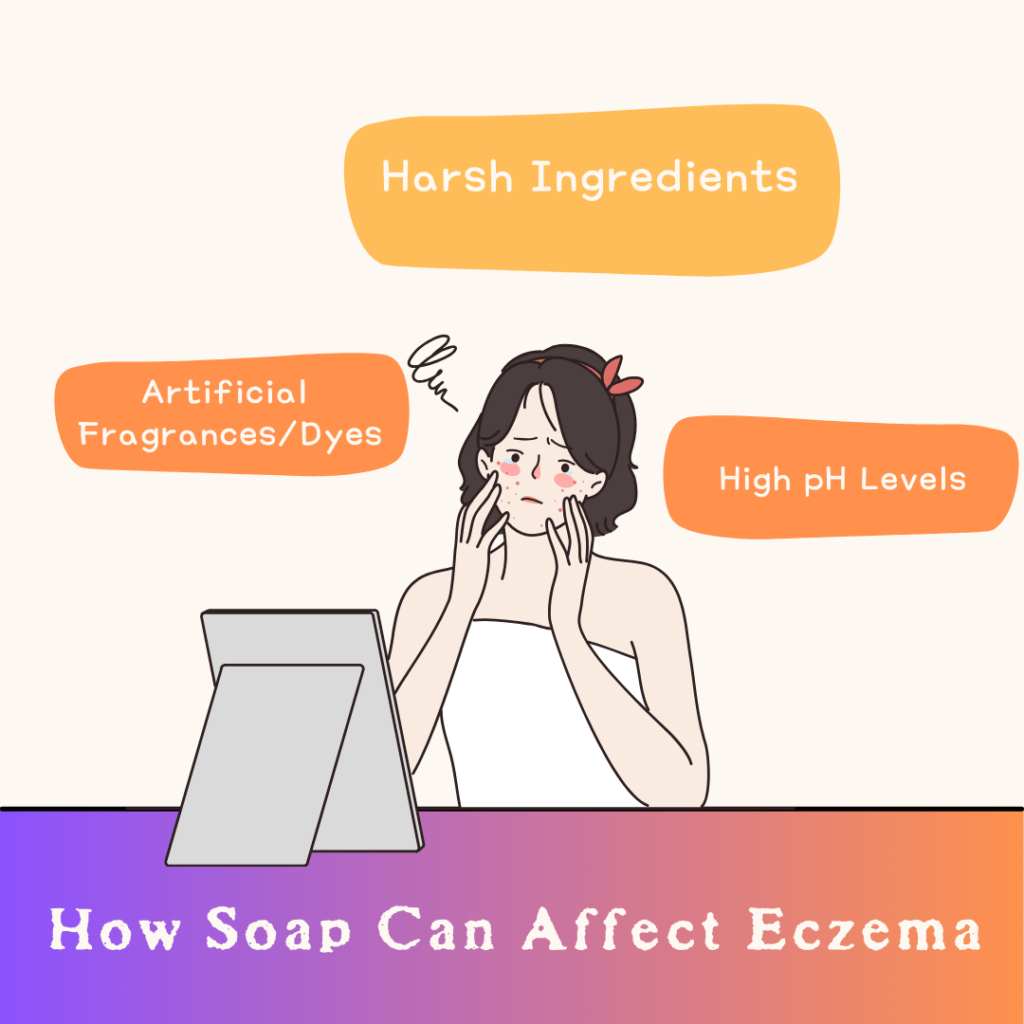
Harsh Ingredients: Many commercial soaps contain harsh chemicals, fragrances, and preservatives that can strip the skin of its natural oils. This can lead to dryness and irritation, exacerbating eczema symptoms. Ingredients like sodium lauryl sulfate (SLS) and parabens are known to irritate sensitive skin.
Fragrances and Dyes: Fragrances and artificial dyes in soaps can be especially irritating for eczema-prone skin. These additives can trigger allergic reactions or sensitivity, leading to flare-ups. Opting for fragrance-free and dye-free products can help reduce irritation.
pH Levels: The skin’s natural pH is slightly acidic, which helps protect it from harmful bacteria and environmental factors. Many traditional soaps have a high pH, which can disrupt the skin’s natural balance and lead to irritation. Using a soap with a pH-balanced formula can be gentler on your skin.
Choosing the Right Soap for Eczema
Look for Gentle, Moisturizing Formulas:
Choose soaps that are specifically formulated for sensitive skin. Look for terms like “gentle,” “moisturizing,” or “for sensitive skin” on the packaging. Ingredients like ceramides, hyaluronic acid, and glycerin can help retain moisture and soothe the skin.
Opt for Natural Ingredients:
Soaps with natural, hypoallergenic ingredients are often better suited for eczema-prone skin. Ingredients like oatmeal, chamomile, and aloe vera have soothing properties and can help calm irritated skin.
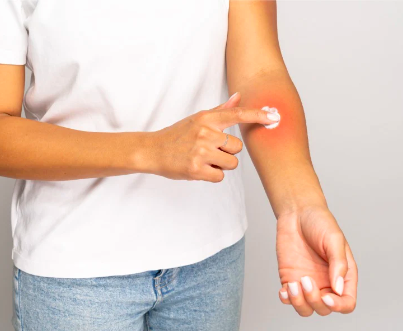
Test New Products Carefully:
When trying a new soap, do a patch test on a small area of your skin to check for any adverse reactions before using it all over. This can help you identify any potential irritants without risking a full-blown flare-up.
Consult a Dermatologist:
If you’re unsure which products are best for your skin, consult a dermatologist. They can provide personalized recommendations and help you develop a skincare routine that supports your eczema management.
Conclusion
Choosing the right soap is an important step in managing eczema and maintaining healthy skin. By opting for gentle, moisturizing, and natural products, you can reduce the risk of irritation and support your skin’s natural barrier. Remember to always check ingredient lists and consult with a dermatologist if needed to find the best soap for your unique needs.
By making informed choices about the soap you use, you can take control of your eczema and enjoy more comfortable, healthy skin.
